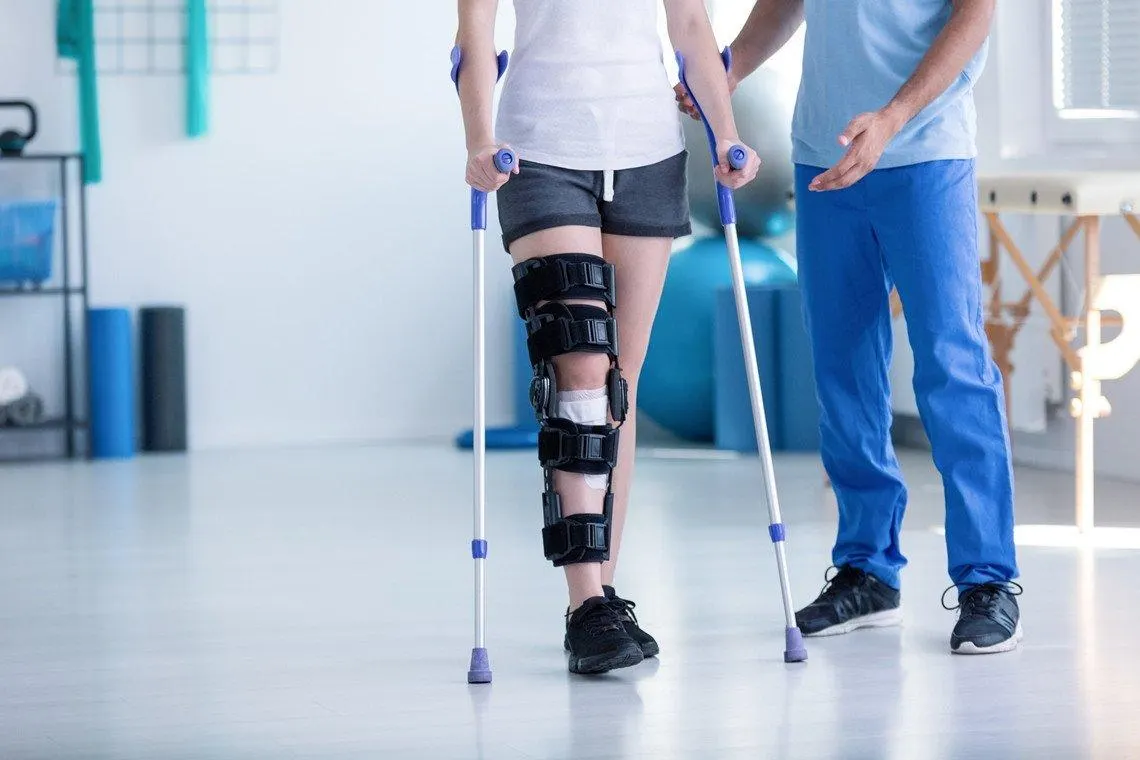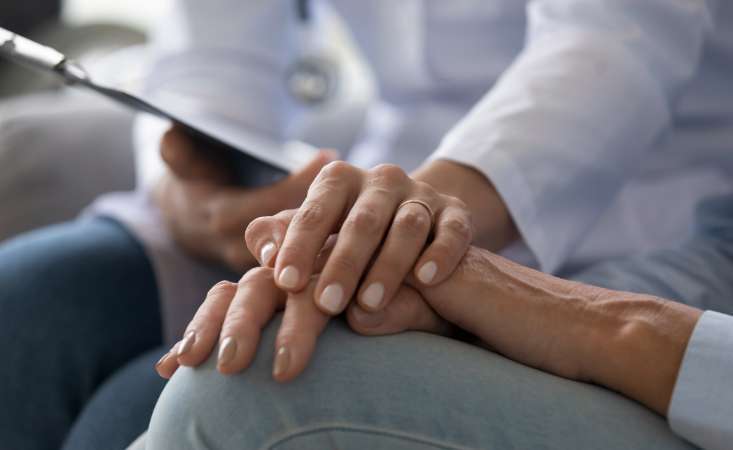For some reason, people associate being in an accident with physical injuries that are easy to see and identify. However, mental health issues may plague accident victims, even long after their physical injuries have healed. Although these injuries are intangible, they are no less real, and the impact on the lives of those who suffer from them may be even greater and longer lasting.
If you or someone you love is struggling with mental health issues after being injured, take these concerns seriously and get them the help they need. This includes reaching out to an attorney for injury claims who can help with the legal side of the case while the victim recovers. Read on to find out more about the effect of injuries on mental health and well-being.

Source: performancehealth.co.uk
Contents
The Relationship Between Injuries and Mental Health
The connection between the body and the mind has been well documented. Suddenly finding yourself injured and in pain can provoke a variety of psychological issues such as anxiety, depression, stress, and PTSD. Sadly, having to devote your energy to dealing with these debilitating conditions will also impact your physical recovery time.
When a patient has to spend time in the hospital or another healthcare facility, their entire routine is disrupted and depression may set in, or the victim may start going over what happened and develop PTSD from the trauma of the injury.
If the injury results in decreased mobility, feeling limited and stuck at home can also lead to depression and emotional distress. The injury victim may no longer be able to go to work, getting around or out of the house may have become impossible, social connections will suffer, and they may suffer the loss of enjoyment of life.
In other cases, having to come to terms with the potentially permanent consequences of these injuries can lead to depression. Additionally, these patients realize that their earning capacity could be affected, and they may worry incessantly about their financial situation now and in the future.
Stopping the Downward Cycle
Stepping into a downward spiral of declining physical and mental health can take over a person’s life, and they may feel as though there is no escaping these feelings. However, there are mental health professionals available who can guide patients through various options that may result in a better mental outlook.
If you find yourself in this situation, it’s important to acknowledge that these feelings are real and are affecting your life. To find a way to move forward, speak with your loved ones about what’s bothering you or reach out to a therapist. If you haven’t previously worked with a therapist and are feeling lost as to how to find the right professional to work with, a good resource can be your doctor. Talk to them about the issues you are experiencing and get a recommendation.

Source: perceptualmed.com
Integrate Lifestyle Changes
While you start your therapies, consider putting in place certain actions that may help you feel more in control of your feelings and help your physical recovery. They may be small steps but when considered as a whole, their impact might be substantial.
Here are some ideas that may be easy to try out:
Get in the habit of practicing consistent self-care
Try out a new shampoo or treat yourself to a luxurious body lotion. Try out a new hairstyle or take the time to meditate a few minutes a day. These small actions will send a message to your brain that you are important and that there are still things that you can enjoy.
Stay hydrated
Staying in bed or sitting on a couch all day may have you forgetting to take proper care of yourself. Start by drinking enough water to stay hydrated. You may feel more energized by this simple action.

Source: pancan.org
Talk to your loved ones
The people around you need to be aware of these feelings. It is likely that they are focusing their care on your physical injuries but have forgotten the importance of the mind after such a life-changing trauma. Share with them what you are struggling with and ask for their support.
Concentrate on a good diet
Now is the time to make every effort to eat nutritious meals. You want the food you eat to aid in your recovery and not sit heavily in your stomach. Be mindful of what you eat and avoid snacking the day away since you may feel like you have nothing better to do.
Talk to a Personal Injury Attorney
You may be trying to manage all the expenses of your injuries on your own. This may have taken you down a path of financial insecurity, and these thoughts and feelings may also be playing a role in your mental health, anxiety, and emotional anguish. Reaching out to a legal professional who has experience with cases similar to yours may be of great help.

Source: hannalawfirms.com
Your lawyer will listen to your story to understand what happened and determine liability. They will also conduct a thorough investigation into the accident to gather all available evidence and build a strong case for your defense. Having someone take charge of the legal side of your case will free your time and your mind to focus on recovering both your physical and mental health.
